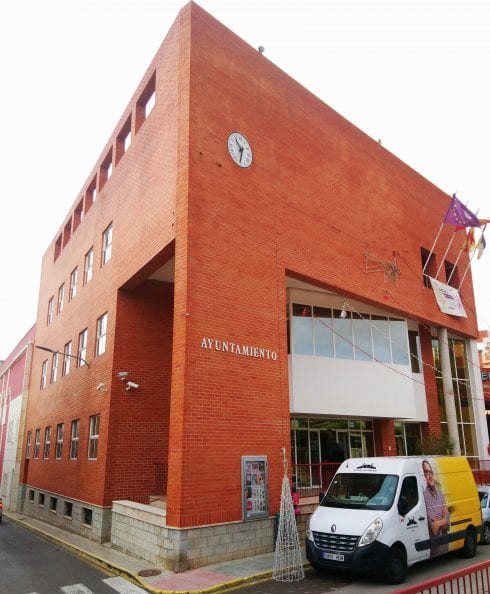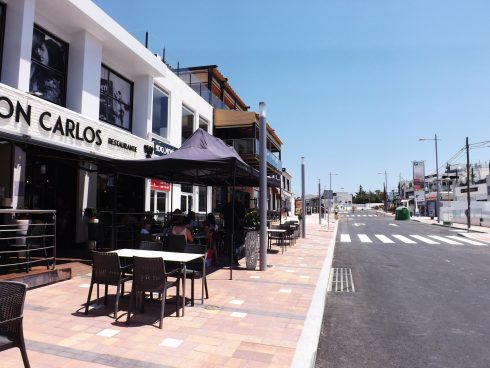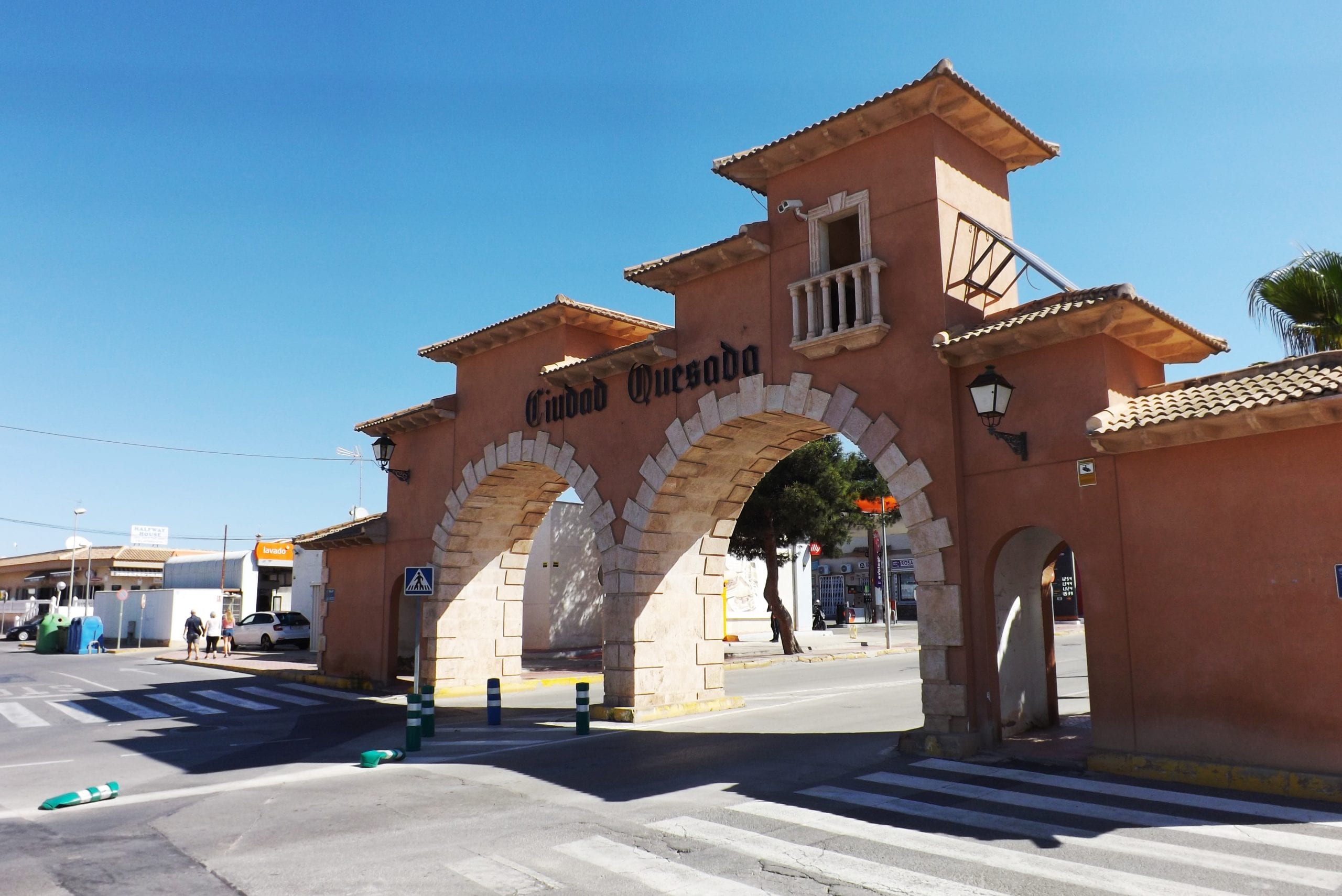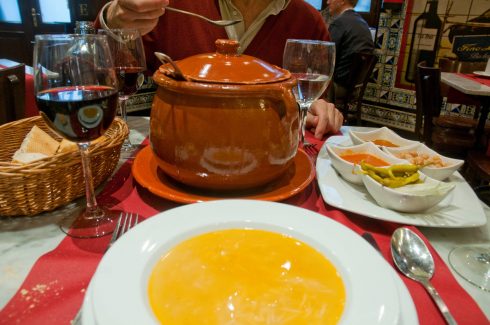ROJALES City Council, which incorporates the popular expat town of Ciudad Quesada, has extended the suspension of the taxes due for outside seating and dining.

The measure aims to further reduce the economic effects caused by the Covid 19 pandemic that has hampered all businesses since the first Spanish lockdown back in March 2020.
Being such a popular all-year-round holiday destination, Costa Blanca’s hospitality industry has suffered worst, hence the extension of the tax relief.
In full, the suspension of the tax applies to the “occupation of public land with tables, chairs, stalls and fair attractions for the municipality’s hospitality entrepreneurs.”
Measures will last throughout all of 2022, with 2023 being reviewed in 12 months time.
The proposal made by the PSOE Government Team was supported by the rest of political parties in the city (Pader, Ciudadanos and PP).
The agreement was published today, November 16, in the Official Gazette of the Province (BOP)
About Quesada
The popular town of Ciudad Quesada is a relatively new addition to the south of Costa Blanca, which at its heart, is very old-fashioned.
It was established in 1972 by Justo Quesada Samper, an entrepreneur and investor who wanted to create a place where people could enjoy the Spanish way of life.

As the “new-town” gained more popularity through the decades, this suburb of Rojales was awarded its very own town hall in 1999.
Quesada was in the news late in 2019 when, after complaints from local businesses that the town lacked local government funding, especially when compared with Rojales itself.
An Olive Press investigation revealed that up to 19,000 Quesada residents had yet to register on the padron, meaning that important funding could not be applied for from the central government.
Consequently, improvements to Quesada’s infrastructure and services (especially refuse collections) could not be funded enough to meet the demands of the town’s populous.
READ MORE: Frozen – the €10m kitty Quesada can’t control







